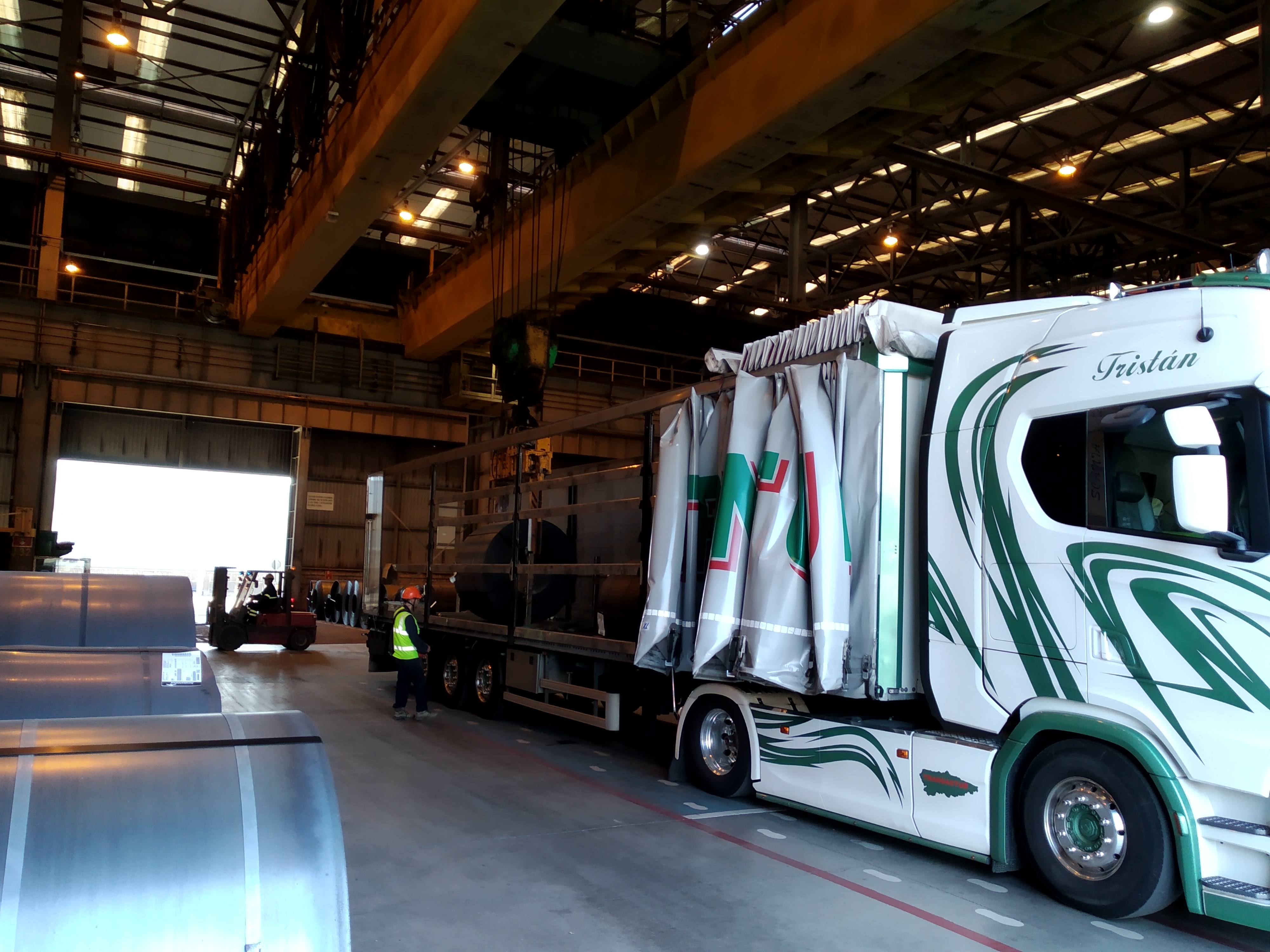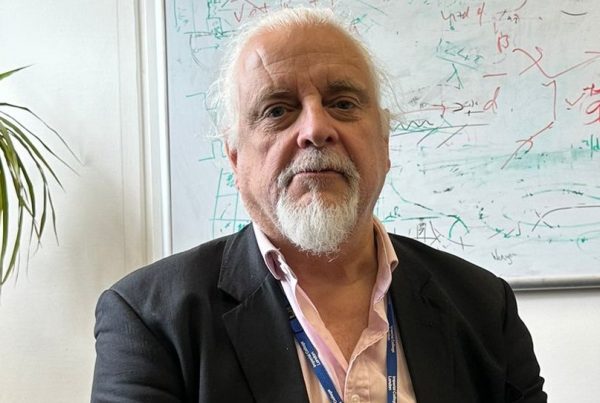At the end of February, Foment del Treball Nacional held a webinar on how the Covid 19 crisis has encouraged the role of the preventive culture as an engine of change, an approach that has defined our positioning 20 years ago.
Tarazaga Emotional Business Management, as a strategic consultancy, has been a pioneer in projects to change the preventive culture in companies, since in 2001 it successfully carried out the accident reduction project in Hunosa, then the Spanish company with the worst accident rates. This project was awarded shortly after by the Foundation for the Prevention of Occupational Risks of the Ministry of Labour. Since then, we have developed this type of strategic programs for companies such as Arcelor Mittal, Repsol, Endesa, Naturgy, Metro Bilbao, Kronospan or Petronor, among others.
The experts who have participated in this session, Silvia Oceransky and Marc Montserrat, as well as those responsible for Safety and Health at Seat, Juan Manuel Fraile; Suez group, José Mª Verdejo; and the paper corporation Lecta, Gabriela de la Torre, have agreed on the need to adopt an organizational culture capable of welcoming change through adaptive leadership.
One of the conclusions is that, beyond occupational safety, concern for health has come to stay, also entering the agendas of senior management. Emotional well-being is now one of the pillars of the new reality.
From an organizational point of view, in those companies where PRL depends on operations, joint work with the Human Resources department has been strengthened. The Health and Safety area has become a lever for change with the pandemic, and in some cases it has been the first time it has played a leading role in crisis management. The transformation has served to enhance the work carried out by these corporate divisions.
Management of new crises
In this sense, it is necessary to take into account new models, such as the one derived from ISO 22301, which contemplates the establishment of a business continuity management system, the one training management teams to successfully deal with eventual new critical scenarios. It guarantees the business impact analysis for the consequent governance of global risks and the resilience capacity of companies.
This will allow minimizing the consequences of business interruptions, acquiring greater flexibility, reducing associated costs, generating an effective image with clients and stakeholders, and having a practical methodology for restarting operations. But above all, it will allow managing the psychosocial well-being of the people who make up the work teams, so that the men and women who carry out business projects feel an active part of the project and focus their attention and responsibility on it.
A sine qua non condition for the validity of these schemes is, firstly, an accurate diagnosis that analyses the real threats to each company, and secondly, a defined communication strategy.
The experience of companies is that information at all levels has been essential during the pandemic, many times with a large part of the teams teleworking, and taking into account the dispersion of the work centres. Also key has been the trust and involvement of customers and other agents such as suppliers, distributors and unions.
Diagnosis and plan of change from behaviours
Tarazaga Emotional Business Management’s work methodology, Motivation Management©, takes into account all the critical elements that must be considered to effectively manage new risks. It analyses the critical factors that exist in the company and its environment, from the study of the system as a whole, starting from the neurosciences and the theory of restrictions.
In this way, we research the emotional variables that condition human and organizational behaviour (which 85% depend on the undeveloped unconscious potential) and identify the barriers to change and the solutions whose implementation will guarantee the transformation that gives an effective response to the situation. We provide the strategic diagnosis, developing the change plan, together with the management team of the company. And we carry out ad hoc training with the essential people to implement the change from that adaptive leadership and putting into practice the continuous efficient attention.





